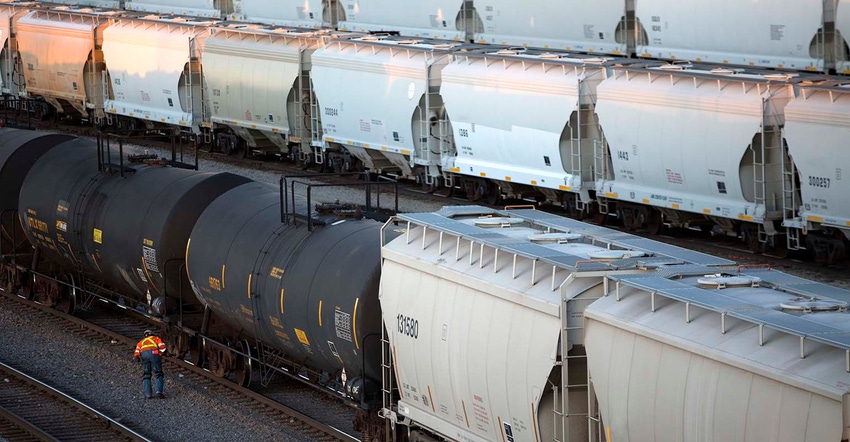Tentative labor agreement avoids rail strike
The cooling off period extends as the deal heads to railway unions for ratification

Rail companies and unions reached a tentative deal to avoid a strike early this morning, following 20 hours of talks mediated by Labor Secretary Martin Walsh. President Joe Biden also joined in on the call around 9 p.m. yesterday evening.
This agreement does not mean the threat of a strike has dissipated entirely – the deal still is subject to ratification by union members. Workers have agreed not to strike while the vote is tallied.
“The tentative agreement reached tonight is an important win for our economy and the American people,” says Biden in a statement issued by the White House. “These rail workers will get better pay, improved working conditions, and peace of mind around their health care costs: all hard-earned.”
This is a win for the economy and for the American people.
— President Biden (@POTUS) September 15, 2022
Rail workers will get better pay, improved working conditions, and peace of mind around their health care costs.
I thank both the unions and rail companies for negotiating in good faith. https://t.co/9JNtLynsch
The Association of American Railroads thanked its members involved in the collective bargaining process. The group says new contracts provide rail employees with a 24% wave increase during the five-year period (2020-2024), including a payout upon ratification on average of $11K per employee.
Bloomberg reports in early trading, shares of major freight railroads rose, with CSX Corp. gaining 2.1%, Norfolk Southern Corp. up 1.5% and Union Pacific Corp. advancing 4.7%.
The agreement averts a crippling rail shutdown for food and fuel supplies across the country. The cool off period for negotiations was set to expire at 12:01 a.m. on Friday, when a railroad strike, lockout or slowdown was possible.
The Soy Transportation Coalition commends the efforts from both sides of the table to reach the tentative agreement. “Our nation’s railroads are integral to the success of the American farmer,” says Mike Steenhoek, executive director. “Without cost-effective, reliable rail service, so much of what farmers produce will never connect with our domestic and international customers.”
“A strike, lockout, or significant slowdown would have imposed significant harm on agriculture – particularly on the eve of harvest,” Steenhoek adds. “The tentative agreement allows farmers and U.S. agriculture to proceed with doing what they do best – being the highest quality, most reliable provider of food to the world.”
It’s unclear how quickly standard rail operations will resume, and how much lag the economy will already feel from slowdowns and disruptions leading up to this agreement.
About the Author(s)
You May Also Like




.png?width=300&auto=webp&quality=80&disable=upscale)
